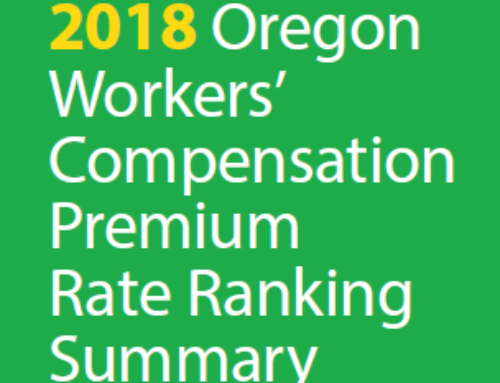On June 1st, Standards and Poor downgraded Illinois debt with the Wall Street Journal headline reading “S&P Downgrade Brings Illinois Debt One Step Closer To Junk.” S&P cited Illinois partisan gridlock and inability to pass a budget for two years as reasons for dropping the grade on the state’s general obligation bonds one level to BBB ‒ the lowest possible investment grade rating. S&P said it would likely downgrade the state debt to junk status if lawmakers failed to pass a deficit reducing budget by July 1st. The operating deficit for the current fiscal year is $5.7 billion according to Moody’s Investors Service (Heather Gillers in WSJ, June 1, 2017)
Illinois has $14.6 billion in unpaid bills and its pension liability has soared to $130 billion. The widely read internet publication POLITICO’s headline said it all: “How Illinois Became America’s Failed State” www.politico.com, June 10, 2017.
The political standoff in Illinois continued with the legislature passing two bills (House Bills 2522 and 2525) which established a drug formulary for workers’ compensation but also created a State Insurance Company to issue workers’ compensation policies and established new oversight over workers’ compensation insurers with respect to their profits. These bills are sure candidates for veto by Governor Rauner as they are adamantly opposed by both the insurance community and the business community. The veto of these bills will almost surely be sustained because there is not a veto proof majority in the Illinois House.
Meanwhile, the legislature did not pass a budget by the May 31st deadline which means that a super majority will be required to pass a budget by the beginning of the July 1st fiscal year. Most commentary is in favor of passing a budget as that is the primary responsibility of the governor and the legislature, not only in Illinois, but in every other state.
Most commentators hope that the partisan gridlock will end before the 2018 elections and that the governor and the legislature will agree to a budget for the year beginning July 1st so that the S&P action of reducing Illinois’ general obligation bonds to “junk” status does not occur.
1211 Cathedral Street, Baltimore, Maryland 21201 – Call Our Offices – 443.449.2287
1211 Cathedral Street, Baltimore, Maryland 21201 – Call Our Offices – 443.449.2287



